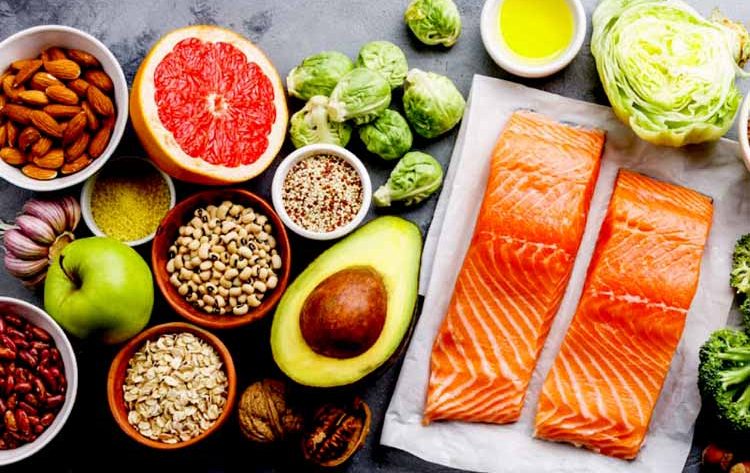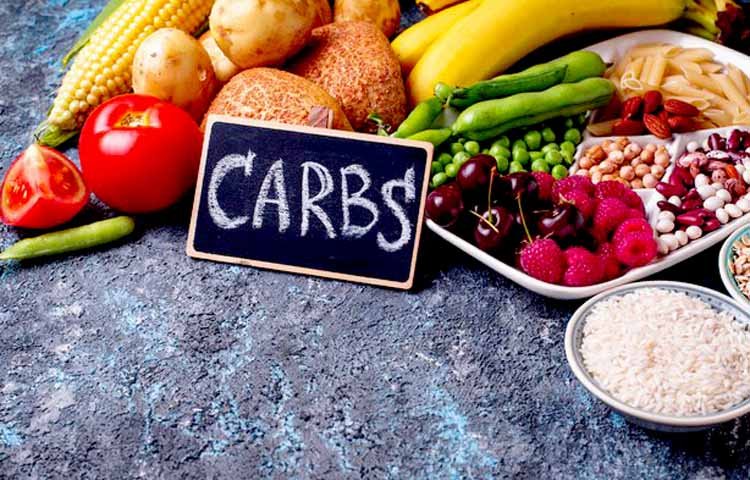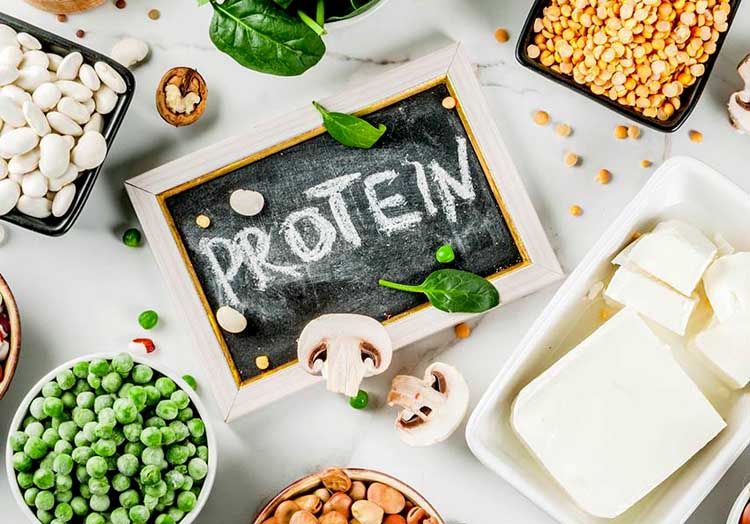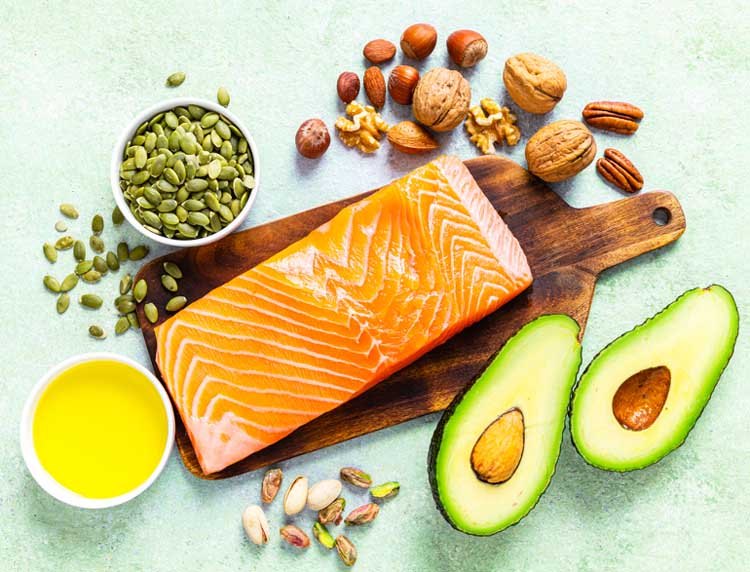If you have researched healthy lifestyle you have probably heard of micro- and macronutrients. These two groups of nutrients comprise the whole spectrum of compounds that our body needs in order to function properly.
Usually, we get these compounds from food, which is why a balanced diet is key for our good health and toned shape.
In this article we will be reviewing the macronutrients our body needs, what their functions are, how much of them we need on a daily basis, as well as which foods can supply them.
What are Macronutrients and What Functions do They Serve
Macronutrients are called that way because they are comprised of very large molecules compared to other compounds necessary for bodily functions.
They are the main and most necessary compounds that we need to consume daily if we don’t want our health to suffer.
The group includes carbohydrates, protein, and fats, and they are equally important for our health, although we need to consume them in different proportions. The number of calories present in each of these nutrients is:
- Carbs: 4 kcal/gram;
- Protein: 4 kcal/gram;
- Fats: 9 kcal/gram.
In general, they provide energy for our body, but they also take part in numerous processes, which we’ll be reviewing below.
Carbs
Carbohydrates are the macronutrient that is essential for quick energy production. They are broken down into glucose in the body, which is an essential compound for heart and brain function, muscle contraction during exercise, and is also a main source of energy.
There is also a dietary type of carbohydrate in the form of fiber that is not turned into glucose and is essential for good digestion. For our body to function properly, we need good amounts of regular carbs and fibers.
Carbs also have an important role in the synthesis of amino acids, which are the main building blocks of our muscles and they participate in numerous processes in our organism.
Foods that are rich in carbohydrates include:
- Whole grains;
- Starchy vegetables like potatoes and peas;
- Dairy products;
- Legumes;
- Fruits such as bananas and apples.
In normal conditions, carbohydrates should comprise 45-65% of our daily macronutrient intake.
There are many low-carb diets, however, that decrease that percentage with the goal of losing excess weight, as the excessive consumption of carbs leads to glucose buildup in our body which is turned into fat when we don’t use it up.
Protein
Protein is the main source of amino acids for our body. There are 20 amino acids comprising our organism that comprise all the body tissues and are important for many functions.
Since protein is present in each one of our cells, it’s key for our good health to consume enough foods rich in protein.
The compound is important for the development and repair of our muscles, bones, and other tissues, as well as for our immune system, brain function, and biochemical reactions in our organism.
Protein-rich foods include:
- Eggs;
- Poultry;
- Red meat, especially beef;
- Dairy products;
- Nuts and seeds;
- Seafood;
- Legumes.
Although meat, eggs and milk contain large amounts of proteins, you can also be on a vegetarian or a vegan diet and still get enough protein from plant-based sources or plant-based supplements.
Usually, 10-35% of protein in our daily macronutrient intake is sufficient, but if you have more specific fitness goals, especially building muscle mass, you should greatly increase that percentage.
People who actively work out should all consider consuming more protein because, during exercise, the amino acids in the body are depleted and the body starts breaking down muscle tissue to get them from there.
Fats
Although “fat” is a taboo word for weight loss, there is a general misconception about the amount of healthy fats we need to consume on a daily basis.
Actually, not getting enough fats from healthy sources can make our body produce additional amounts of fat, which is not helping our weight-loss journey.
Fats are the essential energy storage of the body to tap into when it runs out of glucose, and they are also important for cell growth and development, as well as the absorption and transportation of vitamins.
Sources of healthy fats include:
- Fatty fish like salmon;
- Nuts and seeds;
- Olive oil;
- Avocado.
The healthiest types of fats are unsaturated fats that are present in avocados, nuts and seeds, and fatty fish.
Saturated fats increase the levels of bad cholesterol if their consumption is not moderated, and they also promote weight gain. These are the fats whose consumption you should decrease for a lean and toned body.
Sources of saturated fats include dairy, especially cream and butter, as well as fatty red meet from pork, beef, lamb, and poultry.
To keep a healthy diet, avoid trans fats at all costs, which are largely present in highly processed foods.




